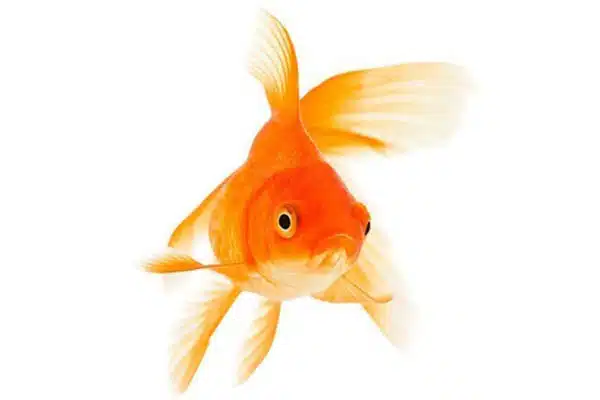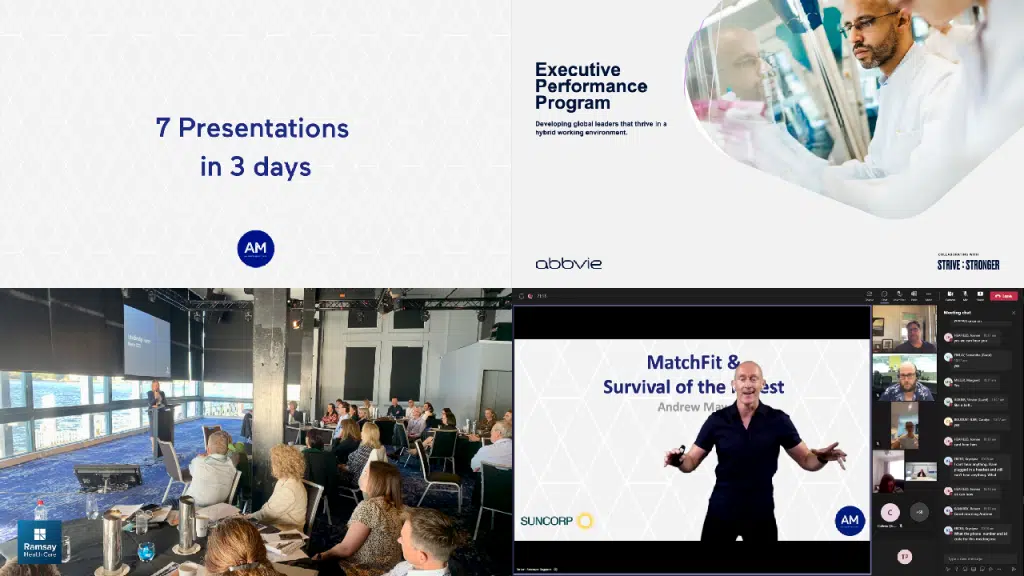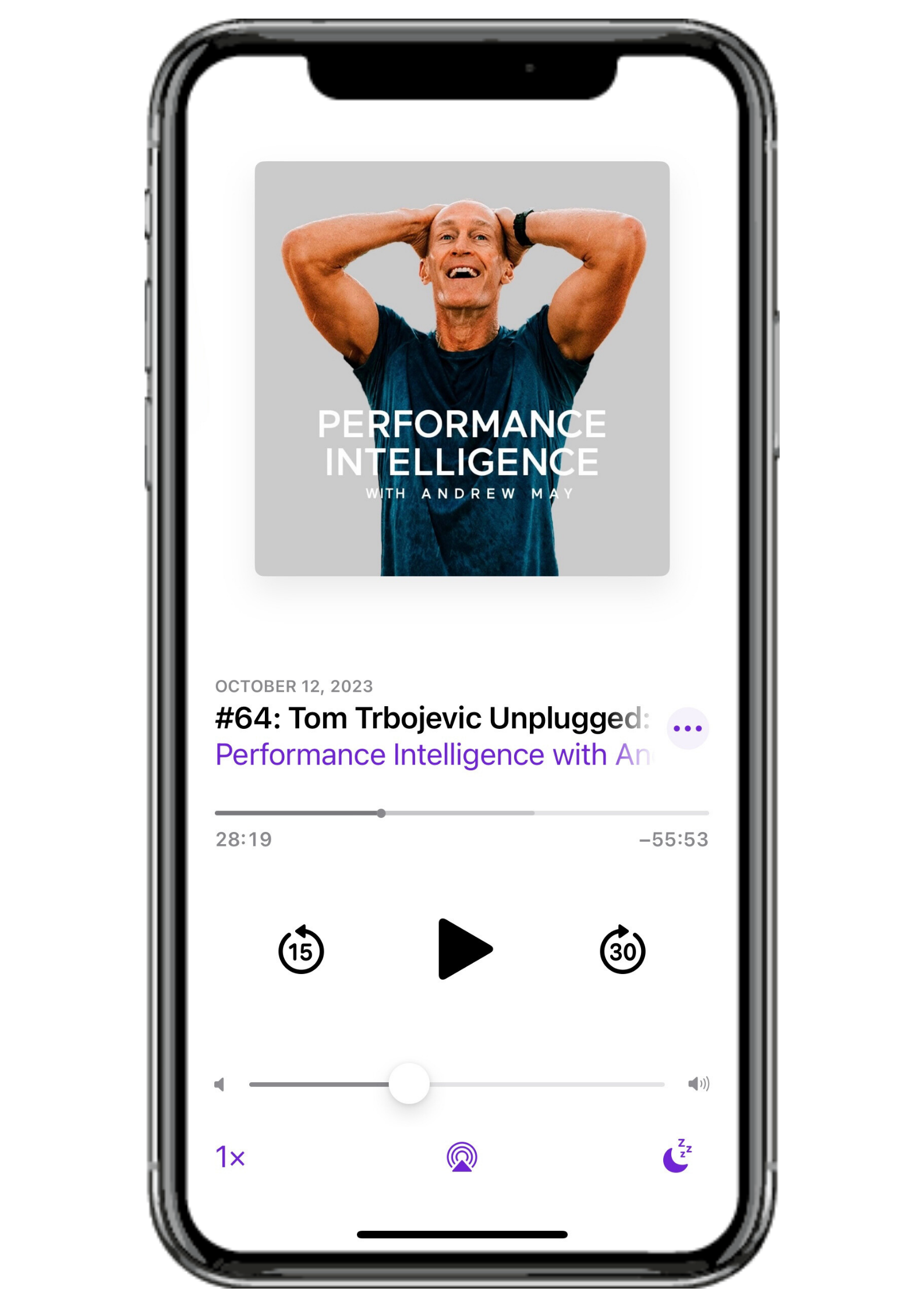You May Have a Shorter Attention Span Than a Goldfish
Recently I was a participant in a conference and a lady was sitting at my tableinspired me to write this blog. You see, they couldn’t sit still and focus for literally more than a few minutes at a time.
Take some notes, check mobile for email, pretend to listen to the presenter, check mobile again. This time LinkedIn, then Twitter. Instagram. Oh, what’s happening on Tik Tok?
More pretending to be present. Back onto the mobile. Toggle. Swipe. Tap. Snap.
I reflected on why she was even attending. Then I thought about a concerning trend that I’m sure you’ve noticed as well. Our attention spans are getting shorter, and shorter. Our inability to focus is defining our relationships, our work and our inability to connect with the present moment. Like handymen walking around a renovation site filling up all of the cracks, we fill up the cracks in our diaries with meetings, with email, with social media, with noise.
Something fishy
You’d be better off employing a goldfish. A survey by Microsoft showing since the year 2000, the average attention span has dropped from 12 seconds to eight seconds, one second less than a goldfish (the little fishes can focus for nine seconds). The researchers hypothesise the incoming streams of information from multiple screens causes us to fragment attention. We may be able to consume more knowledge and multi-task slightly better but at the cost of diminishing attention span. The acceleration of technical connectivity and masses of people working from home has eroded out attention even further.
OK, so where was I? My phone just rang and I lost focus.
Distractify me
While distractions can be tolerated during simple tasks such as email, it compromises your ability to complete high-level cognitive tasks. You know, the stuff that matters – the real work. That thing you call ‘your job’.
But all is not lost, and there’s no need to concede defeat against your digital devices. Becoming aware of the lure of technology and its impact on your productivity is the first step. The next step is to rebuild the way you set up your working week. And there are five must do’s that help you focus better than a fish.
Five Productivity Big Rocks
There is a famous Steven Covey story where he spoke about putting together a fish tank. When you go to a pet food shop you buy the tank, big rocks, gravel, sand, a floaty thing and of course, the little goldfish. I’m about to ask the obvious: but what is the best way to assemble the tank? Of course, first, you put in the big rocks, then the gravel, the floaty thing, sand, water then your little fishy.
The problem with the way so many people operate at work is that we first flood the tank (call this your diary) with water (let’s call this email), then we squish in the sand (we’ll call that meetings), then if we have any capacity leftover we try and squeeze in the big rocks with much needed time (but all too often nowhere near enough) to think, to plan, to be creative, and to get into the flow (working without distractions).
For the last decade I’ve been teaching my executive clients and teams a simple, yet profound process, when it comes to being productive and putting the big rocks in first.
1. Weekly Plan
At the start of the week (I suggest a Friday arvo or first thing Monday morning), spend 30 to 45 mins looking at the week ahead and getting ready for the important ‘performance moments’ coming up (these include meetings, presentations, one on ones, proposals due).
2. Team Meeting
Lock-in 30 to 45 minutes where you and your key team members talk through the week ahead and the best use of resources, main goals for the week. Try and anticipate any challenges that might arise. I like doing this first thing on a Monday morning.
3. Daily Warm Up
Just like an athlete warming up before a competition, you can’t be expected to press a button and your brain to dive into focused work. And if you have been on email, social media and news feed that morning, you consciously need to put a hard stop in your diary and sit down for five to 10 minutes with a mindful approach to the day ahead. Ask questions like:
- What is the best use of my time today?
- What are the four or five tasks I need to complete?
- Who do I need to connect with today?
- How do I best prepare for ‘performance moments’ throughout the day?
4. Deep Work
Deep work is the concept of cocooning yourself for two to three hours (I’d settle for 60 to 90 minutes if you’re busy, or if you find it too difficult to concentrate for longer periods) and focusing on high-level cognitive tasks, without distraction. Turn your mobile onto silent, turn off your email notifications and get into flow and think, plan, strategise, create and do. The reality is most office workers these days have no time for deep work. Cal Newport refers to this as ‘deep work.’
5. Rearview Mirror
At the end of the week (Friday for most people) lock time in your diary and look back at all of the meetings, presentations, sales calls that you had. Have you followed up and sent everything you said you would? What is the next action?
Looking in the rearview mirror at the end of the week helps you have a proper weekend (not a weekend catching up on email and unfinished tasks) without constantly thinking about work. It also sets you up to have a relatively blank canvas when you start to work the following week.
What tips have you learned along the way to help you stay focused?





